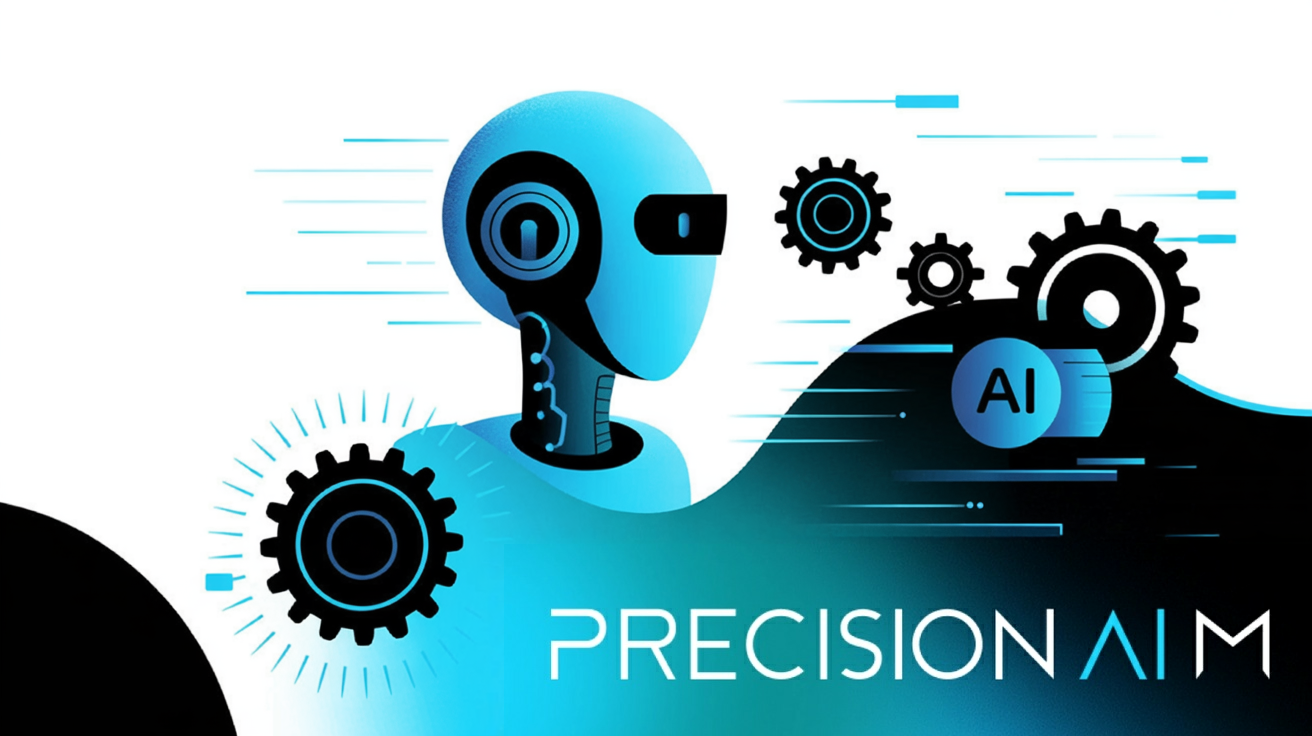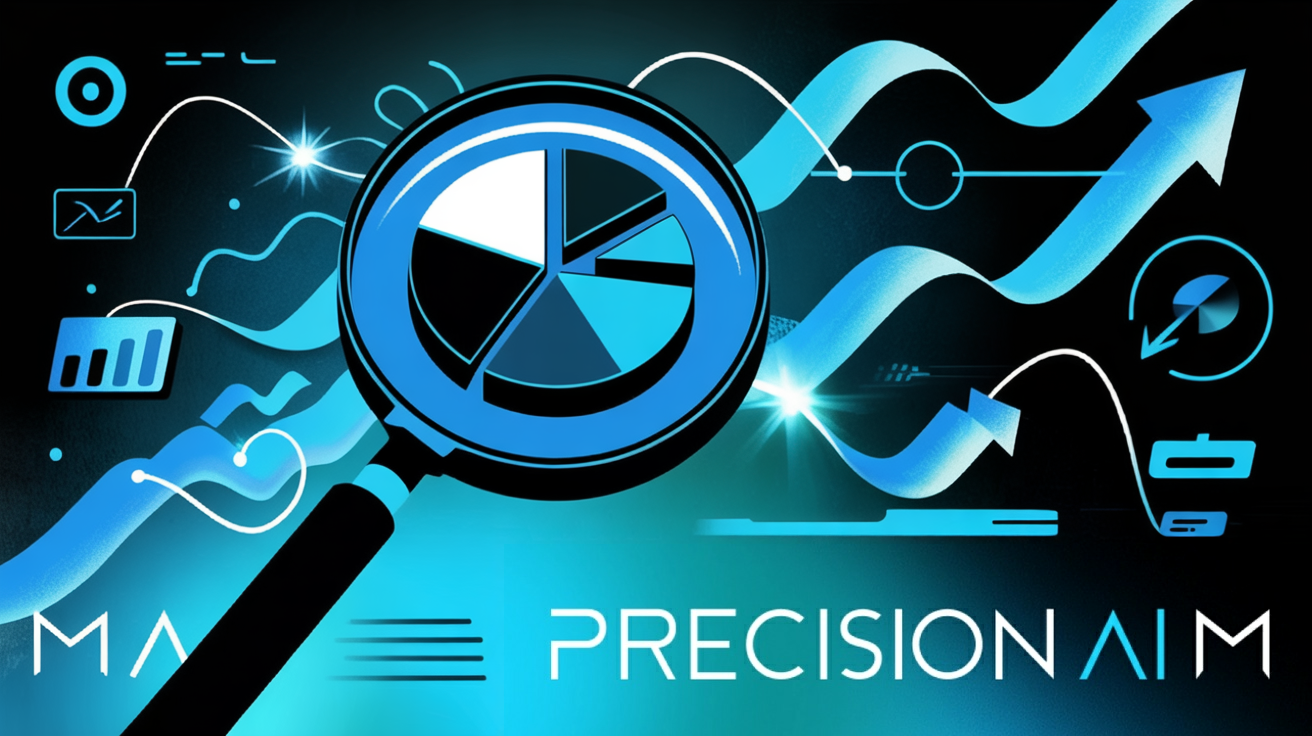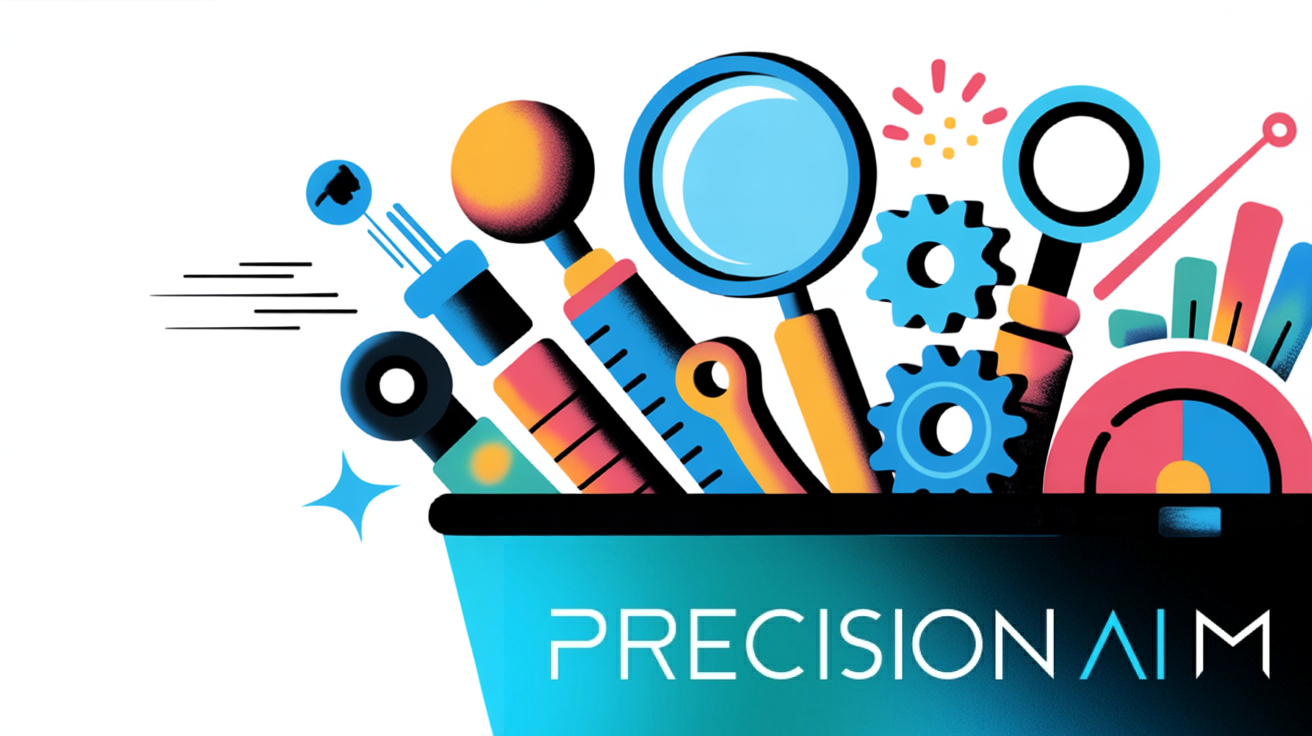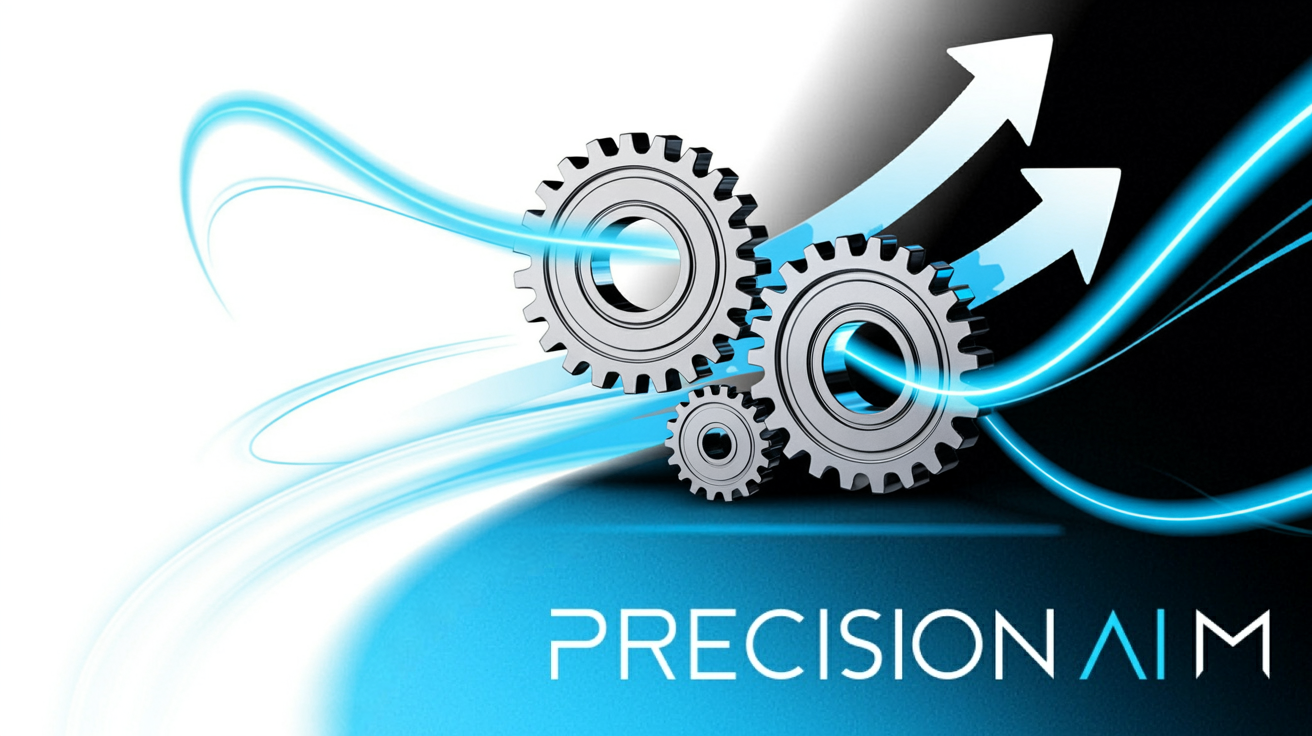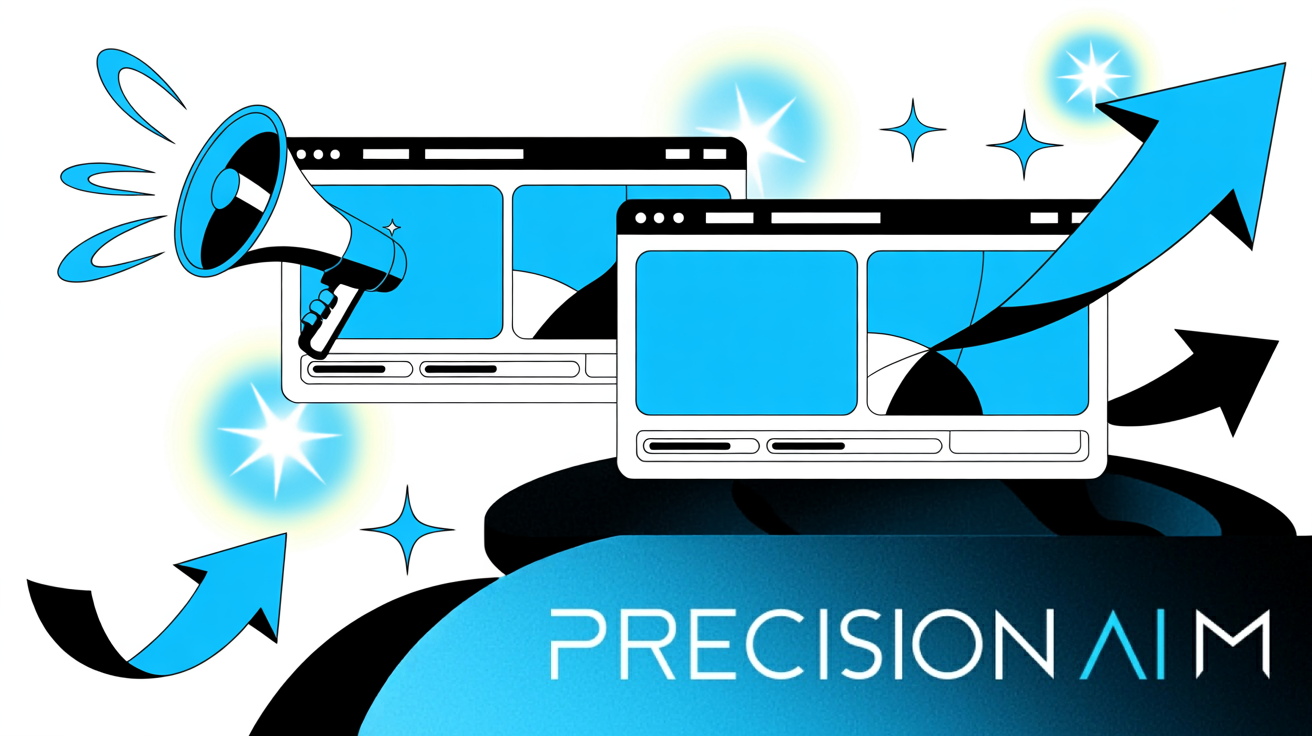SEO can feel overwhelming, especially if you’re not a technical expert or don’t have hours to spare each week. I’ve seen many small business owners and agencies struggle to keep up with keyword research, technical fixes, and content updates—often letting SEO slip through the cracks.
That’s where AI-powered tools like Seona come in. In my experience, automation can make a real difference by handling routine SEO tasks, flagging issues, and even generating content, all while you focus on running your business. But not every tool fits every need, and it’s easy to get lost in the promises.
In this review, I’ll break down exactly what Seona AI does, who benefits most, and where its automation shines—or falls short. You’ll get a clear look at its features, real-world use cases, pros and cons, and how it compares to alternatives like SEOSwarm. By the end, you’ll know whether Seona AI is the right fit for your SEO goals and what to expect if you give it a try.
What is Seona AI?
Defining Seona AI as an AI-Powered SEO Solution
Think of Seona AI as your digital optimisation specialist—only, it leverages artificial intelligence and machine learning to streamline SEO. It’s all about making SEO less intimidating, more effective, and genuinely manageable for non-experts.
Seona AI inspects your website, tackles technical hiccups, and creates content, all with the goal of lifting your Google rankings—and demanding very little manual effort from your side.
Automation is at the heart of it. Here’s what Seona AI does for you:
- SEO Health Analysis
Spots issues that harm rankings, delivering prioritised recommendations or taking care of them automatically. - Keyword Research
Uncovers high-value keywords tailored to your business, audience, and area. - Content Generation
Crafts blogs and website copy with AI, fine-tuned for SEO impact. - Technical Optimisations
Handles issues like image size, loading speed, and mobile experience. - Automated Reporting
Delivers regular updates and actionable SEO insights straight to you.
Everything here runs on robust AI models. While you focus elsewhere, Seona AI quietly handles site audits, fixes, and content. Many appreciate its Business Hub, which brings together business info—like opening hours and reviews—with SEO stats for a clearer overview.
A comprehensive SEO dashboard should connect all of a client's data, integrating traditional SEO metrics with data from PPC, social media, email, review, and call tracking platforms.
Who is Seona AI Designed For?
Who actually benefits the most? Seona AI is a huge help for solopreneurs, small businesses, agencies juggling client sites, and content creators strapped for time or expertise. If SEO feels overwhelming or technical, this is the tool meant for you.
- Local Businesses
Ideal for shops and service providers wanting stronger local search performance. - Ecommerce Retailers
Quickly optimises product pages to boost organic reach. - Agencies
Streamlines SEO management across multiple clients—saving time and energy.
This platform is best-suited to small or mid-sized teams. For bigger organisations demanding customisation, strict oversight, or complex workflows, Seona AI’s automation might feel restrictive. Sometimes, simplicity can be both a strength and a boundary.
Positioning Against Full-Service Solutions
Here’s where perspective matters. Seona AI thrives with quick, automated SEO—broad automation being its signature.
But what about businesses needing more? That’s where agentic platforms like SEOSwarm come in, with specialised AI agents designed for advanced campaigns and scalable strategies.
If streamlined efficiency is your goal, Seona AI excels. For those chasing complexity, deeper integration, or ambitious growth, a full-service, agentic solution may be the stronger fit.
Unlike traditional SEO software that focuses on isolated tasks like keyword research or rank tracking, AI SEO agents are built to manage entire workflows. They can plan, create, optimize, and even publish content.
Core Features and Capabilities of Seona AI
Automated Keyword Research and Suggestions
Have you ever tried to run keyword research and ended up drowning in jargon or complex tools? That’s where Seona AI truly changes the game. It kicks things off by automatically scanning your website—right down to your headings, page content, and metadata—and pinpoints the topics you’re already focusing on, plus those you’re missing.
What’s clever is that Seona doesn’t just look inward. By analysing your own site alongside public competitor data, it uncovers exactly which search terms your rivals are targeting and how you might stack up. So, that labyrinthine “what should I focus on next?” feeling? That’s replaced by a clear, practical set of keyword targets, tailored to you and your goals.
At the centre of its system sits a proprietary keyword suggestion engine. Once the initial site audit finishes, Seona taps into a robust keyword database. For most mainstream businesses—think retail, health, home services—coverage is impressive. But, if you’re in a bleeding-edge technology sector or a hyper-niche vertical, you may feel its depth is less developed compared to goliaths like Semrush or Ahrefs.
But here’s where it gets interesting: Seona goes beyond routine keyword suggestions. It applies search trends and seasonality analysis so you’re not just looking at generic volume numbers—you see what’s gaining momentum, what’s just about to hit its stride, and where genuine opportunity lies. There’s also an understated competitor gap assessment in play: Seona identifies keywords your competitors already rank for but you haven’t tackled yet, so you always know the quickest “wins.” And it distils all these insights into everyday language, skipping the intimidating spreadsheets but not the substance.
The Stand-out Benefits
- Automatic Discovery
Instantly flags key themes and rapid-growth keyword opportunities on your live pages—no technical set-up at all. - Competitor Insights
Surfaces terms where direct competitors outrank you, helping you quickly close performance gaps. - User-Friendly Output
Makes tech-heavy data simple—giving you a list of “do-this-now” actions anyone can understand.
Areas Where It’s Less Suited
- Database Depth
Great for local and established markets, but limited for very new, technical, or obscure sectors. - Advanced Features
Lacks upscale metrics like clustering or in-depth intent segmentation found in true enterprise suites.
So, who gets the best out of Seona’s keyword powers? For SMBs and agencies hungry for clear, reliable SEO growth in well-known markets, it’s practically tailor-made. For complex, multi-territory or technical players, pairing Seona with a heavyweight research tool gives you the best of both worlds: everyday time-savings plus the muscle for when you want to dig even deeper. That’s how you keep winning—no matter how search evolves.
Seona AI in Real Business Scenarios: Industry and Workflow Examples
Ecommerce Automation
Picture your ecommerce business with Seona AI behind the scenes. It generates keyword-rich product descriptions straight from your catalogue, automates blog and promo posts, and enables you to schedule seasonal campaigns with ease.
Connecting Seona AI to platforms such as Shopify, WooCommerce, or Wix is seamless, so you can directly publish new articles and product copy—no more repetitive uploading tasks. But here’s where things get tricky: if you’re updating hundreds of products or wrangling structured data and metadata in bulk, Seona’s automation reaches its limits.
For speedy, large-scale updates or advanced schema deployment, SEOSwarm steps in. It’s built for growth, able to update thousands of product descriptions and shift metadata or schema in a single sweep—a serious advantage for rapidly scaling online shops.

AI-Powered Content Strategy
See the AI platform that's replacing entire content teams (with better results).
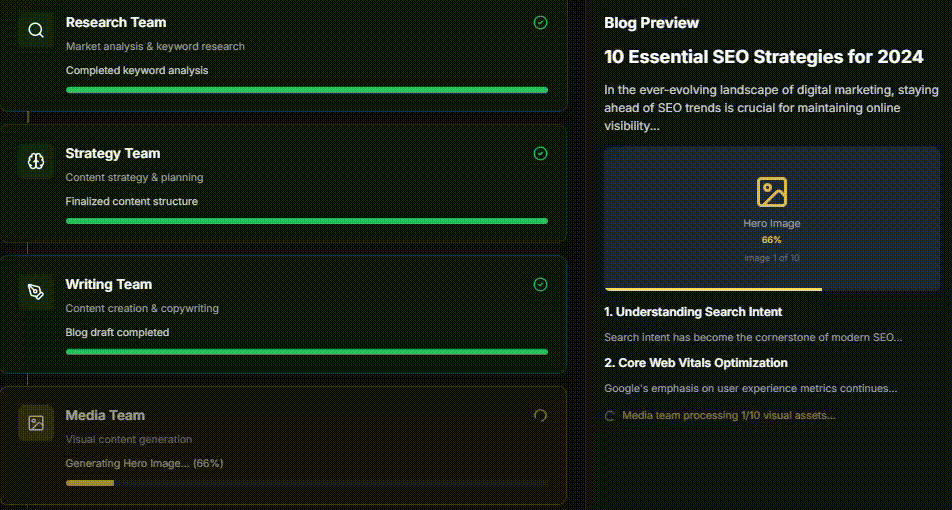
Healthcare, Finance, and Regulated Fields
Now, in high-regulation sectors such as healthcare and finance, Seona AI helps by flagging restricted phrases, tracking audit steps, and ensuring critical disclosures are present in every piece you publish. That’s a good safety net for routine documents.
But, when you’re dealing with more intricate requirements—audits, bespoke compliance, or multi-stage approvals—manual effort remains essential, and Seona's workflow feels limited. SEOSwarm, with configurable compliance gates and custom workflows, delivers the kind of tailored oversight these sectors demand.
SaaS, Local, and Multilingual Use Cases
If you’re in SaaS or managing multiple locations, Seona swiftly spins up feature and landing pages via its dashboard, letting small teams keep regional updates on track. But for nuanced SaaS copy or regional content with local flavour, its depth and multilingual tools fall short.
That’s where SEOSwarm’s structured localisation and technical SEO workflows shine, offering consistency and robust control for international or multi-region campaigns.
High-Volume and Migration Projects
Managing a large site migration or shuffling hundreds of pages? Seona can handle routine audits and updates efficiently. But for full-scale migrations, intricate URL mapping, or batch redirects, you’re left wishing for more bulk automation.
Here, SEOSwarm delivers with automated audits, bulk redirects, and fine-tuned migration tools—giving digital teams the confidence and control complex, high-stakes projects require.
User Experiences, Pros, and Cons of Seona AI
What Users Like Most
Here’s what wins people over about Seona AI: it’s easy to set up and automate tasks straight away. Solo founders and small teams repeatedly point out how the platform eliminates technical barriers. You connect your website, follow simple prompts, and receive actionable SEO recommendations—no expertise required.
Most users quickly find themselves saving serious time, which lets them focus on more important business tasks. Those handy, quick-fire recommendations often appear within the first hour.
- Fast Deployment
Quick setup provides instant SEO tips, helping users see changes right away. - Hands-Off Automation
Routine SEO jobs get managed automatically, saving busy teams precious hours. - Intuitive Dashboard
Visual prompts make SEO less intimidating, even if you’re new to it.
Agencies and online shops often see tangible gains—like increased organic traffic—just by regularly publishing AI-written content with minimal hands-on effort.
Common Complaints and Limitations
It’s not flawless, though. Advanced users sometimes hit a wall. AI-generated copy nearly always needs human review so it matches your brand and is factually tight. Those wanting in-depth analytics, better internal linking, or robust schema options can feel let down.
Some heavier duties, like large page updates, still require a bit of hands-on work.
- Editing Required
Human review is needed for tone and accuracy. - Feature Gaps
Lacks richer analytics, internal links, and schema options. - Partial Automation
Manual input needed for big or complex updates. - Subscription Risks
Cancel your plan and SEO gains can quickly vanish.
Support, Training, and User Journey
Onboarding gets great reviews. Step-by-step guides and clear in-app help make starting straightforward. Most questions are answered easily, although specific or urgent issues may need outside advice.
Summary Table: Suitability by Business Size
| Business Type | Strengths | Weaknesses | Best-fit Scenario |
|---|---|---|---|
| Solo Founder | Easy setup; hands-off flow | Less tailored output | DIY SEO, personal brands |
| Small Team/Agency | Easy multi-site management | Needs edits at scale | Local agencies, SMBs |
| Ecommerce/Service | Boosts many pages, saves time | Brand and schema gaps | Routine product/content updates |
How Seona AI Automation Works: A Step-by-Step Workflow Analysis
From Setup to First Results: Key Steps
Starting with Seona AI is genuinely simple. You sign up, connect your website, and—if you want richer data—link Google Search Console or Analytics. This real-time data connection gives Seona the foundation for its automated scan.
It then analyses your site for technical SEO issues, missing keyword opportunities, and underperforming content. Next, you enter business details—location, sector, and brand style—to align suggestions with your unique identity.
Project setup permits multiple sites, helpful for small teams. But collaboration tools and permissions are basic, so large-scale client or team management is limited. With every scan, Seona produces keyword ideas and content tasks, all neatly presented on a straightforward dashboard.
Here’s a valuable tip: always review AI-generated content for tone and accuracy before publishing. Manual tweaks go a long way in securing brand consistency and compliance. On compatible platforms, publishing is instant, and Seona’s analytics dashboard keeps tracking effortless.
Workflow Automation Strengths and Limits
Seona truly shines at routine SEO audits and basic content generation. Regular site reviews, quick technical fixes, and scheduled keyword tasks become a time-saver for solo founders or compact teams.
But when it comes to advanced SEO—bulk redirects, deep architecture tweaks, or schema upgrades—expect some manual effort. Workflow collaboration is minimal, so larger teams often rely on external tools for approvals and robust user roles.
Bottlenecks and Efficiency Tips
You can’t skip the human touch. Careful editing—especially for accuracy, compliance, and tone—is crucial, particularly in regulated sectors. Agencies and complex websites often need more advanced project controls, so external coordination tools fill those workflow gaps.
- Bulk Scheduling
Queue multiple posts together for serious time savings. - Connect Analytics
Early connection gives you deeper, more actionable insights. - Project Customisation
Define business and audience settings upfront for targeted content. - Manual Link Checks
Double-check all your internal and external links for SEO strength. - Pair with Specialist Tools
Bring in extra SEO or team tools for advanced needs.
For small teams, Seona AI offers major efficiency gains. For complex or demanding sites, blending Seona’s automation with human expertise and specialist tools ensures a truly seamless SEO process.
Industry-Specific Implementation and Limitations: Seona AI vs. Full Agentic Platforms
Regulation and Compliance in Healthcare/Finance
Let’s start with sectors where compliance is king—think healthcare and finance. Seona AI does the basics, flagging sensitive phrases and nudging users to add standard disclosures. That’s invaluable for compact teams who need to tick compliance boxes on time.
But there’s a catch: much of this still rests on manual review and following simple checklists. You’ll be double-checking disclosures and handling the bigger compliance documentation outside Seona. There’s no full audit trail or built-in evidence capture, so regulated firms can’t depend on it for watertight audits.
On the other hand, SEOSwarm really raises the bar for audit-friendly workflows. Here, you get integrated audit logs, automated compliance checks, and the ability to capture evidence with every step. If you’re juggling multiple sites or your regulations change frequently, this blend of automation and real-time tracking means less human bottlenecking and much more peace of mind.
Ecommerce and Technical SEO Needs
Switching to ecommerce, Seona AI is a good fit for smaller shops needing quick product SEO, metadata, or blog content updates. It covers common tasks—batching blog posts or optimising listings.
However, try to scale up and you soon hit limitations: mass product updates, bulk schema work, or large migrations all require external tools or painstaking manual work. This risks delays and errors during major site changes.
That’s where SEOSwarm shines. It lets you automate huge content rollouts, migrate metadata, and handle thousands of bulk redirects with ease—a real game-changer for retailers in rapid growth mode.
Localization and Global Campaigns
For local SEO, Seona AI is smart at surfacing regional keywords and spinning up location-specific pages. But go global and support falls away: there’s no out-of-the-box support for hreflang, international sitemaps, or multi-region structure.
SEOSwarm steps in right where Seona stalls—handling multi-language SEO, automating hreflang, and giving you analytics across every region. Brands eyeing cross-border expansion find their execution force-multiplied.
Summary Comparison Table: Enterprise-Scale Use Cases
| Scenario | Seona AI – Strengths | Seona AI – Limitations | SEOSwarm – Strengths | SEOSwarm – Unique Benefits |
|---|---|---|---|---|
| Compliance (Healthcare/Finance) | Guides disclosures; easy onboarding | Needs manual audit tracking, lacks automation | Automated logs, compliance workflows | Reduces risk for multi-site/regulated teams |
| Ecommerce/Technical SEO | Simple content automation | No true bulk updates or migrations | Bulk content/schema, automated migrations | Efficient for large or fast-changing shops |
| Localisation/Global | Strong for local SEO | No multilingual/hreflang support | Automates global SEO/localisation | Enables easy multinational coordination |
Comparative Analysis: Seona AI vs. SEOSwarm and Key Alternatives
Side-by-Side Feature Benchmarking
Choosing an AI-powered SEO platform today is about much more than simply generating blog content. You’re looking for automation across technical fixes, reporting, and the sort of collaboration that lets you focus on the bigger picture.
So how does Seona AI actually measure up against alternatives like SEOSwarm, Surfer SEO, Semrush, and Ahrefs?
Let’s glance at the aspects that matter: automation depth, technical SEO coverage, content quality, internal linking, analytics, and regulatory or team support. Here’s the key comparison:
| Platform | Automation Depth | Technical SEO | Content Quality | Internal Linking | Analytics/Reporting | Regulatory & Team Support |
|---|---|---|---|---|---|---|
| Seona AI | Hands-off for keywords/content; limited bulk | Basic audits/fixes; bulk limits | Good for routine blogs | Minimal, manual checks | Visual dashboard; not deep | For small teams; little compliance |
| SEOSwarm | Full-cycle agentic workflows; content/tech | Bulk redirects, advanced audits | High; built-in EEAT check | Automated, context-driven | Advanced monitoring, teams | Strong on compliance, approvals, multi-user |
| Surfer SEO | Semi-auto content/on-page audit; not full | Good suggestions, lacks deep tech | Solid, benchmark-guided | Assists; not automated | Keyword tracking, some limits | Suitable for freelancers/teams; basic |
| Semrush | Research/audits/rank tracking; little gen | Strong audits, no deployment | N/A (external) | Highlights issues, manual | Comprehensive, complex | For experts, steeper learning curve |
| Ahrefs | Automated research; few fixes/publishing | Excellent crawl/audit, manual fixes | N/A (external) | Flags links, user acts | Powerful reports, data | For technical users, not workflow |
Seona AI is fast and user-friendly, built for those who want routine SEO handled automatically. But where compliance, scale, or technical complexity matters, its automation hits a ceiling.
SEOSwarm jumps ahead here—its end-to-end agentic workflows and team controls are instrumental for scaling or meeting regulatory demands.
Meanwhile, Surfer, Semrush, and Ahrefs shine in research and reporting, but put the onus on you to act—they’re not hands-off platforms.
So, the question is: do you want to be led by brilliant insights, or do you want a platform that proactively takes care of the work for you? That’s really where the major difference lies.
Is Seona AI Effective? Outcomes, ROI, and SEO Performance
Measured SEO Improvements and Risks
So, how does Seona AI really stack up in the wild? At its heart, it mixes automated SEO monitoring with clever content generation—then boils down your site’s technical health, keyword breadth, and on-page optimisation into one simple ‘Seona Score’.
This means you can actually see your progress. Keyword rankings creep higher, content quality improves, meta tags get completed, and new backlinks are flagged—giving you evidence of real momentum. For smaller brands, the gains are often meaningful: metadata improves, new keyword wins arrive, and those irritating technical issues finally get handled—many just within the first month or so.
Real-world stories from SMEs and ecommerce shops echo this. Imagine a 10–30% traffic rise across two to three months—most noticeable for websites that struggled with SEO basics before. One boutique fashion brand, for instance, saw a 27% organic traffic jump after Seona powered their product descriptions and regularly produced blog posts.
Over 3,000,000 professionals use automated SEO toolkits to improve their website search rankings.
But here’s where you need to keep your foot on the brake. Those results depend strongly on human review. If you hit publish on AI-written pages without edits, you risk thin or repetitive copy that Google is likely to ignore. To keep rankings rising, brands need to personalise, check facts, and go deeper than just the basics.
There’s a real risk to leaning too far into automation. An overload of formulaic copy could attract Google penalties or slip past your users. The best play? Pair Seona’s automation with consistent editorial oversight—especially for high-stakes or regulated content.
Should You Use Seona AI? Recommendations by User Type
Persona-Driven Action Roadmap
Not every business’s SEO journey is the same. So, when is Seona AI a perfect match—and when does it fall short?
- Solo Founders & Microbusinesses
Delivers instant SEO gains for audits and quick content. But if you manage 50+ products or want deeper customisation, it’s time to upgrade. - Small Teams & Local Brands
Ideal for local SEO and routine posting. Yet, if advanced localisation or more technical features are needed, Seona’s simplicity becomes limiting. - Agencies & Multi-Client Teams
Works nicely for basic, repeatable tasks. However, growing demands for edit control and audit tracking call for agentic platforms. - Regulated or Technical Sectors
Useful for light compliance reminders. Still, lack of audit trails means specialist tools become vital when regulations tighten.
If you’re scaling, launching internationally, or facing serious compliance, SEOSwarm or a full agentic platform is the logical step up.
Quick Comparison Table: Seona AI vs SEOSwarm
| Persona | Seona Strengths | Main Limits | SEOSwarm Advantages | Upgrade Signal |
|---|---|---|---|---|
| Solo Founder | Auto audits, blogs | No linking, bulk | Linking, bulk editing | 50+ SKUs, custom content |
| Small Team/Local | Local SEO, posting | Bulk/localisation | Multi-region, technical | International or tech growth |
| Agency/Multi-Client | Repeatable audits | Weak controls | Audit logs, roles | Many clients, stricter roles |
| Regulated/Technical | Compliance prompts | No audit trail | Audit/compliance tools | Facing audits or reviews |
Blog-in-one-minute
Add a fully SEO-optimised blog to your website with just 2 lines of code.
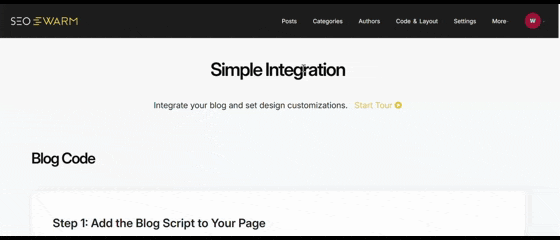
Making Seona AI Work for You
Most SEO tools promise simplicity, but few actually deliver on it for real-world users. Seona AI stands out by making core SEO tasks accessible and actionable, especially for small teams and solo founders who need results without the technical headache.
If you want to see quick SEO wins—like improved rankings, faster site audits, and hands-off content updates—Seona AI is a smart place to start. My advice: connect your analytics, review every AI-generated page before publishing, and use Seona’s recommendations as your baseline. For advanced needs or rapid scaling, pair it with specialist tools or consider a full agentic platform like SEOSwarm.
SEO isn’t about chasing every new feature; it’s about building steady, sustainable gains. The right automation lets you focus on what matters most—growing your business, not just your traffic. — Wil
